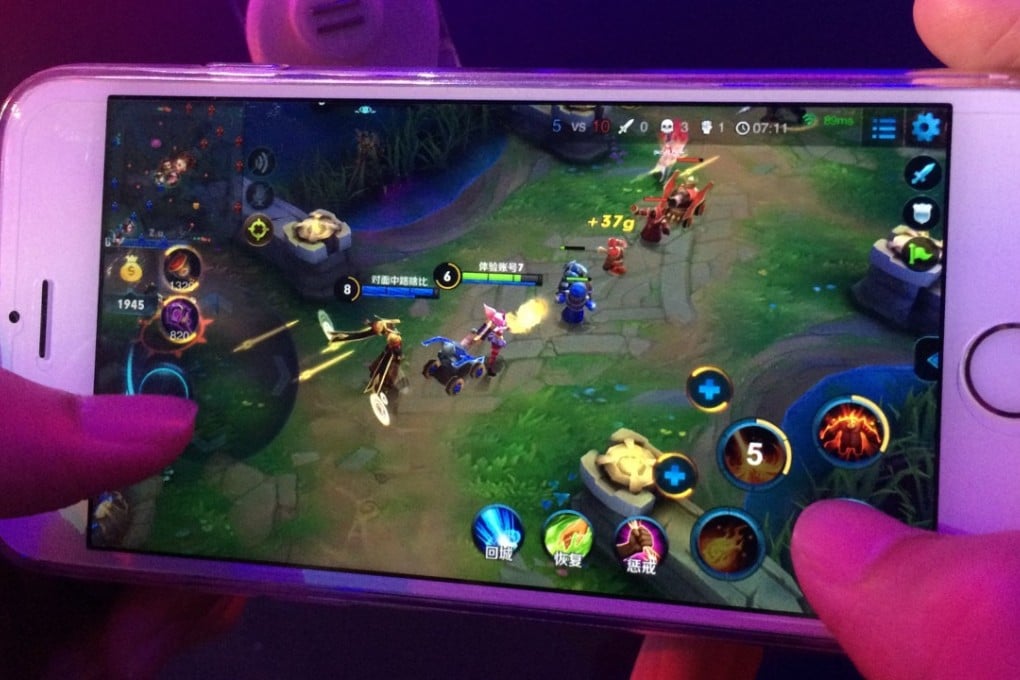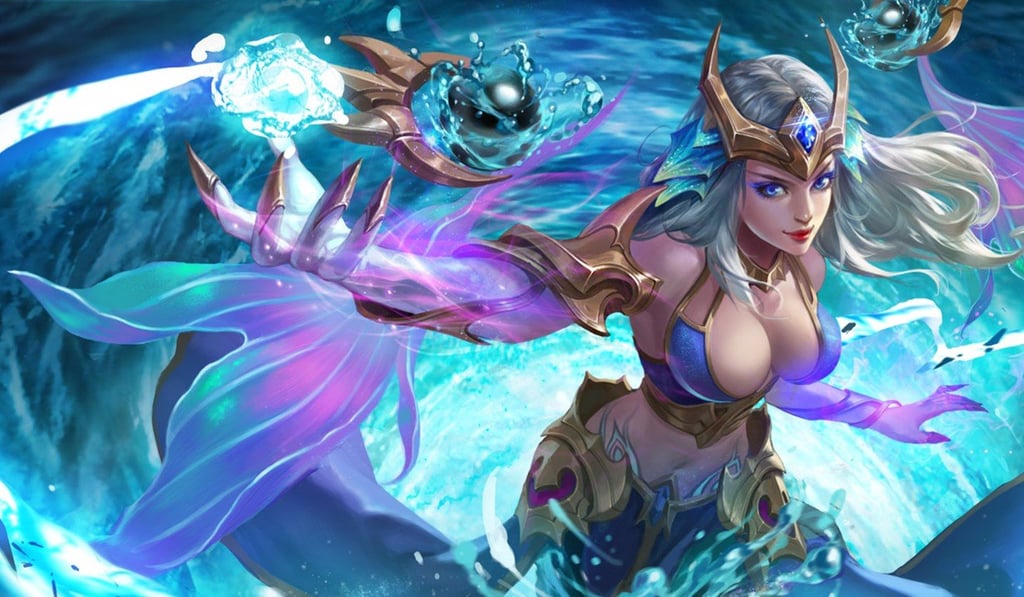Honour of Kings: female gamers outnumber men on world’s most popular battle arena mobile game
Women make up 54 per cent of players on Tencent game, compared with 35 per cent for League of Legends on which it is based; short sessions lower entry barrier for women unused to hardcore gaming, and social media pulls them in

It was Tencent’s dominance over China’s social media market, through WeChat, that proved instrumental in attracting a more diverse base. The bite-sized nature of Honour of Kings sessions and a broader palette of playable characters have also contributed to its large female following.
The time when gaming was dominated by male users is absolutely over
Females accounted for 54 per cent of users as of May, according to internet consultancy Jiguang. That outstrips the 35 per cent or lower average for similar games on computers or consoles, as well as comparable mobile title Vainglory, according to industry consultancy Newzoo.
Take Zhu Qiaopu, a kindergarten teacher turned tattoo apprentice who musters a group of mothers for battle every night after putting her three-year-old to bed. Zhu, whose favourite characters include King Arthur, an armour-clad close range attacker, has devoted about 230 hours to the game in the two months since she began. Invited to the game by her husband, she ended up beating him to a coveted platinum badge.

“With WeChat we can discuss our strategies and improve our skills,” says the Chengdu-based 30-year-old, who’s spent the equivalent of at least US$147 unlocking characters and buying performance enhancing potions. “When all your friends are on the game and you can see their ranking, you just feel like you can’t be left out and suck at the game. Who doesn’t want to win?” she says.
Saying girls play games to win the attention of men is just bias. No matter if it’s men or women, both have the right to the same kind of delight.
Honour of Kings’ mass appeal will be put to the test as Tencent prepares to debut its biggest in-house title in the United States, a market dominated by publishing powerhouses such as Activision Blizzard, and where WeChat is largely non-existent.
While dominant on its home turf, the company has yet to demonstrate an ability to woo foreign audiences. Its biggest overseas hits – Riot Games’ League of Legends and Supercell Oy’s Clash of Clans among them – were acquired at a steep cost. Those very same acquisitions, however, handed Tencent a major global platform that could help its biggest in-house title connect with foreign gamers.